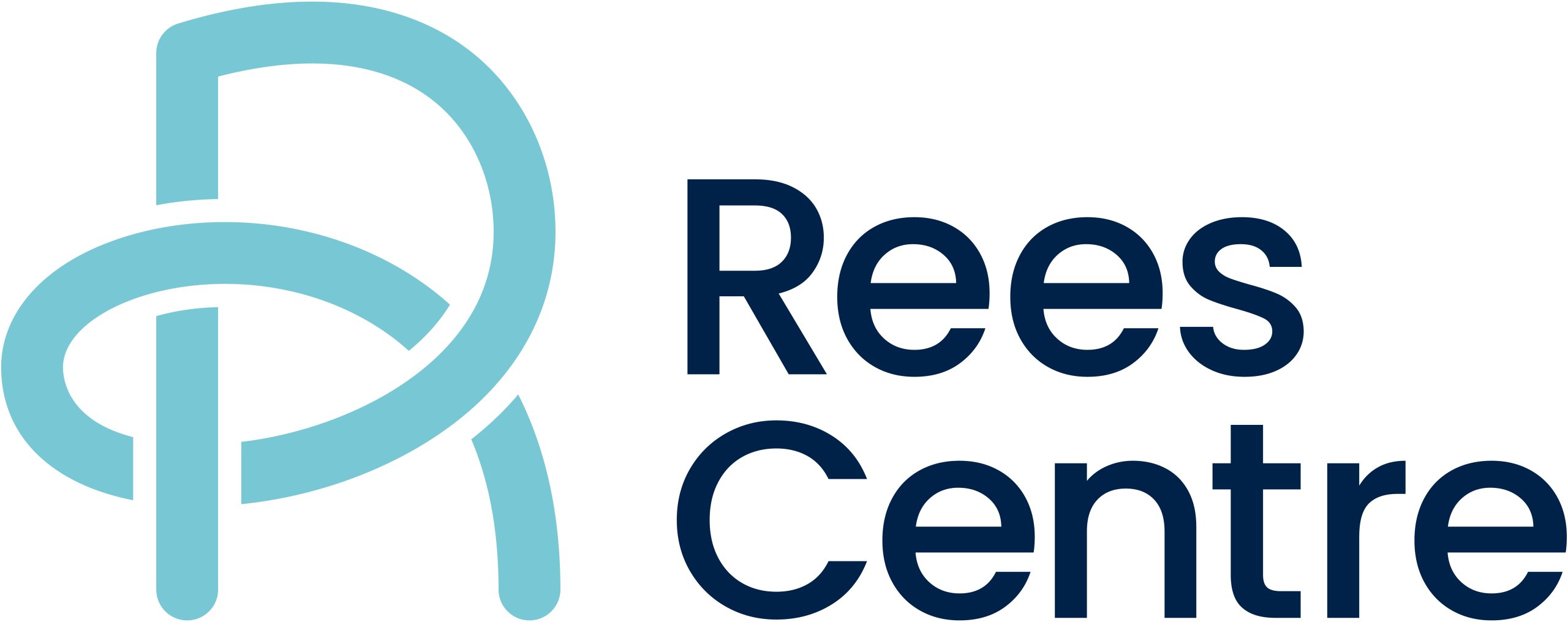Children’s services collect large volumes of data, but often, the benefits and uses of it are unclear, and children’s needs remain hidden.
The ‘Framework for ethical and effective information use’ helps assess whether children’s information systems truly serve children and families, offering practical, evidence-led ways to improve them.
The Children’s Information Project, funded by the Nuffield Foundation, is led by the Rees Centre, which is a research centre of the Department.
Professor Leon Feinstein, Rees Centre Director and Professor of Education and Children’s Social Care said: “If we want to better outcomes for children and young people resulting from better policy and practice, it needs to be based on an understanding of the reality of the range of different experiences.
“The project is developing a common framework to improve the uses of information in local authorities together with practical examples and practices for improving the use of children’s information.
“Through a Learning Network of 20 local authorities, the initiative explores barriers, enablers, and opportunities for innovation.
“Our next report in October 2025 will provide more detail on this framework, inviting a wider range of local and national agencies to improve information use.
“We hope central government will work with us both to improve its own use of children’s information and to become more of an enabler to practice in the way it oversees the treatment of information in local authorities, and in the way it treats and handles children’s information nationally.”
The report “Seen, Heard and Understood: Unlocking the Potential of Children’s Information Systems to Improve Outcomes” applies this framework to three significant government initiatives on children’s information use; the school readiness indicator, single unique identifier and children’s social care dashboard.
The findings reveal several opportunities for enhancing the effectiveness of the initiatives, while also identifying potential compromises that could hinder their success.
Teresa Williams, Rees Centre Senior Research Fellow said: “At a time when the government has announced further investment in children’s services – for example through the £500m allocated to support local authorities to invest in the expansion of preventative support through the Families First Partnership Programme – we are calling for the implementation plan to allocate some resource to focus on the design of children’s information systems.
“By applying the framework for effective information use the government can be better assured that its investment is achieving the desired impact on children and their families.”
Rob Street, Nuffield Director of Justice said: “The role of data in improving children’s lives is too often overlooked or treated solely as a technical issue.
“This report underscores why good information use should be a core part of effective policy and implementation.”
The Rees Centre will be holding its next event to share emerging findings from the project with local and national stakeholders in October or November.
The Final Report and accompanying Framework for Effective Information Use will be published in 2026.
The project team brings together researchers from the Universities of Oxford and Sussex, the London School of Economics, and Research in Practice, collaborating with four local authority sites – Hampshire, North Yorkshire, Oldham, and Rochdale.










